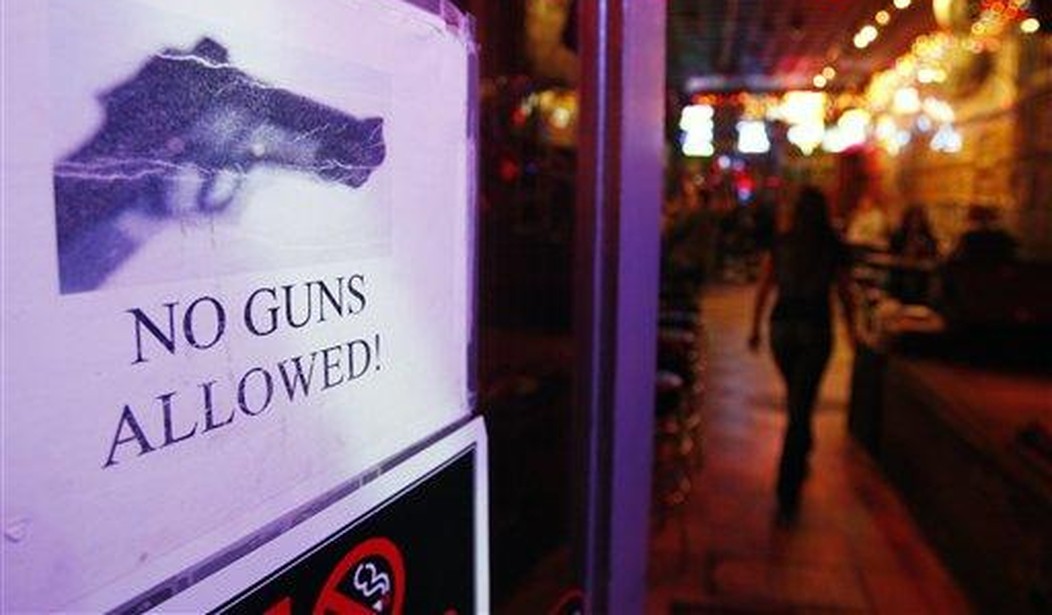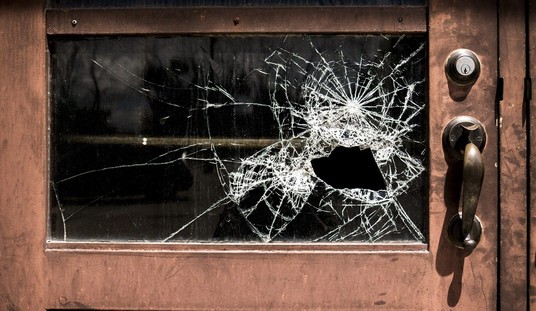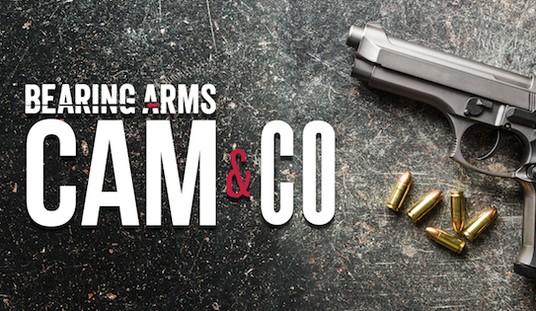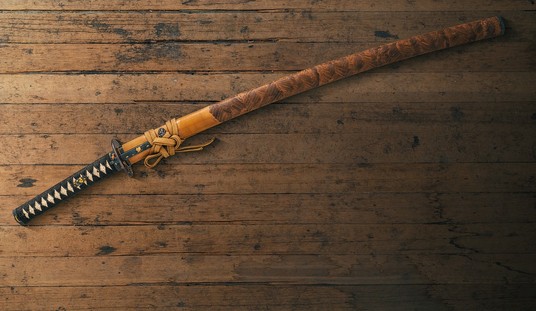A federal judge in Syracuse, New York has granted a temporary restraining order blocking the state and its political subdivisions from enforcing several provisions of the newly-enacted Concealed Carry Improvement Act, though he did stay his decision for three days to allow Attorney General Letitia James to file an emergency appeal with the Second Circuit.
While the judge’s move means that the challenged sections of the CCIA can still be enforced for the time being, U.S. District Judge Glenn Suddaby made it clear that in his view, many of the CCIA’s provisions will not withstand constitutional scrutiny.
Among the sections of the new law that Suddaby says should be halted are the state’s requirement that concealed carry applicants turn over a list of all social media accounts they’ve used over the past three years, as well as in-person interviews with applicants and demanding they produce the name and contact information of their spouse or significant other as well as any adults living in the applicant’s home. Suddaby chastised New York for trying to get around the Supreme Court’s ruling in Bruen through its new licensing mandates.
[I]nstead of moving toward becoming a shall-issue jurisdiction, New York State has further entrenched itself as a shall-not-issue jurisdiction. And, by doing so, it has further reduced a first-class constitutional right to bear arms in public for self-defense (which, during the 19th and 18th centuries in America, generally came with an assumption that law-abiding responsible citizens were not a danger to themselves or others unless there was specific ground for a contrary finding) into a mere request (which is burdened with a presumption of dangerousness and the need to show “good moral character”).
Suddaby also took issue with many of the state’s newly designated “sensitive places” where concealed carry is banned. Under the order issued today, only the following locations may still be considered “sensitive”:
(a) “any place owned or under the control of federal, state or local government, for the purpose of government administration, including courts” (as contained in paragraph “2(a)” of Section 4);
(b) “any location being used as a polling place” (as contained in paragraph “2(q)” of Section 4);
(c) “any public sidewalk or other public area restricted from general public access for a limited time or special event that has been issued a permit for such time or event by a governmental entity, or subject to specific, heightened law enforcement protection, or has otherwise had such access restricted by a governmental entity, provided such location is identified as such by clear and conspicuous signage” (as contained in paragraph “2(r)” of Section 4);
(d) “any place of worship or religious observation” (as contained in paragraph “2(c)” of Section 4), EXCEPT for those persons who have been tasked with the duty to keep the peace at the place of worship or religious observation;
(e) “nursery schools” and “preschools” (as contained in paragraph “2(f)” of Section 4);
(f) “any building or grounds, owned or leased, of any educational institutions, colleges and universities, licensed private career schools, school districts, public schools, private schools licensed under article one hundred one of the education law, charter schools, non-public schools, board of cooperative educational services, special act schools, preschool special education programs, private residential or non-residential schools for the education of students with disabilities, and any state-operated or state-supported schools” (as contained in paragraph “2(m)” of Section 4);
(g) “any gathering of individuals to collectively express their constitutional rights to protest or assemble” (as contained in paragraph “2(s)” of Section 4); and (6) the “restricted locations” provision contained in Section 5 of the CCIA EXCEPT for fenced-in farmland owned by another or fenced-in hunting ground owned by another (where the restriction stands).
Under Suddaby’s ruling the de-facto ban on concealed carry on private property is not allowed, nor is the ban on concealed carry in “sensitive places” like Times Square. The state’s ban on concealed carry in entertainment venues and restaurants that serve alcohol was also not included in Suddaby’s list of locations where concealed carry can be barred, and while the judge didn’t toss out the ban on concealed carry in houses of worship he at least exempted “those persons who have been tasked with the duty to keep the peace at the place of worship or religious observation”; those authorized to carry by their local worship leaders, in other words.
The state’s ban on concealed carry on public transportation was also axed by Suddaby:
Based on the historical analogues located thus far, it does not appear permissible for New York State to restrict concealed carry in “any place, conveyance, or vehicle used for public transportation or public transit, subway cars, train cars, buses, ferries, railroad, omnibus, marine or aviation transportation; or any facility used for or in connection with service in the transportation of passengers, airports, train stations, subway and rail stations, and bus terminals.” (as stated subsection “2(n)” of Section 4 of the CCIA). Indeed, historical analogues exist containing specific exceptions permitting the carrying firearms while travelling (presumably because of danger often inherent during travel).
Overall, this is a big win for gun owners and a huge loss for the state of New York, though as I noted earlier the judge has given the state three days to appeal the decision up to the Second Circuit. The ironically named Concealed Carry Improvement Act may still be in effect for now, but today’s decision moves us a long way forward towards taking these laws off the books for good.









Join the conversation as a VIP Member